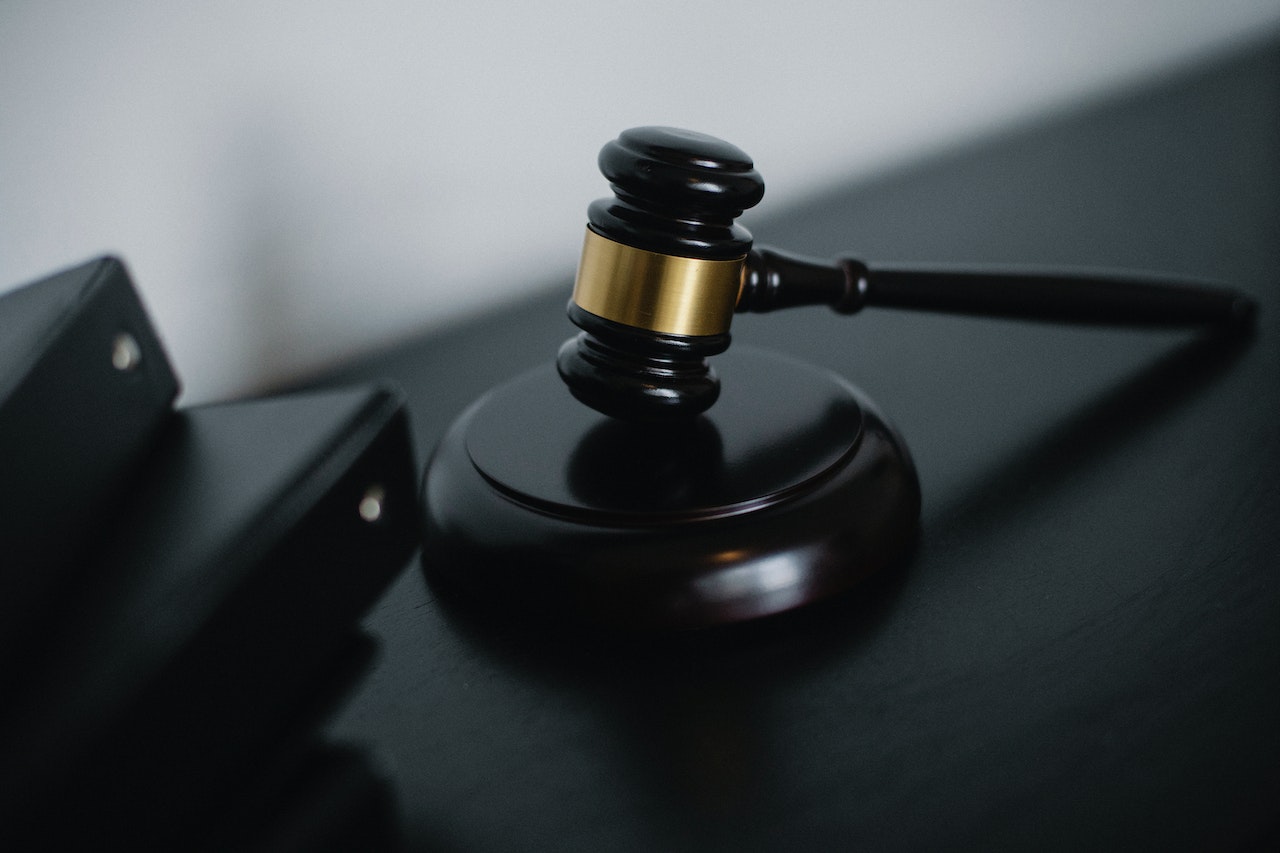What You Can Sue for in a Car Accident
Car accidents can be life-changing events. It can lead to not only physical but also emotional trauma, and financial burden as well, or death. In situations like this, it’s important that you know your rights and what you can sue for to ensure that you receive the compensation that you deserve. In this blog post, we will discuss what you can sue for in a car accident involving injury or death.
1. Medical Expenses
If you need medical attention after a car accident, you can seek compensation for your medical expenses related to your clinical interventions that are most probably, to a reasonable degree of medical certainty caused by the accident. This includes the cost of emergency room visits, hospitalization, medicine, and therapy if needed. The compensation can cover the past medical expenses, as well as the anticipated future medical expenses that are reasonably certain to occur. If you have pre-existing conditions that are aggravated by the trauma in the accident, then you may be compensated for medical expenses incurred due to the aggravation of the pre-existing condition.
2. Property Damage
Besides the injury to your body or mind, your car may also be affected in an accident. You can seek compensation for the repair or replacement of your vehicle or any other personal property that was damaged in the accident. Further, if your relatively new vehicle suffers damage, is not a total loss, but has significant repairs, the market value is reduced; so in some cases, a diminution in value claim can be made. You are also entitled to a rental vehicle for (a) during the time your vehicles is being repaired; (b) during the time the insurance company inspects a significantly damaged vehicle to determine whether it will be deemed a total loss; and (3) for a few days following the time the insurance company makes an offer of fair market value on your totalled vehicle.
3. Lost Wages: Past and Future
If your car accident injuries prevent you from working, you can seek compensation for lost wages. This includes the
time off that you’ve had to take, as well as the projected income loss that you will suffer in the future. You may also make a claim for reduced earning capacity, if your ability to perform your job in the same capacity is compromised is either reduced, or if you are unable to find employment in your community, based on the combination of your educational background, occupational history, age, and the nature of your injuries, both physical and mental.
4. Pain and Suffering
You can seek compensation for the physical pain and suffering endured following an accident. This varies with every person and every case, depending on the nature and extent of the injuries.
5. Mental Anguish:
This compensation aims to acknowledge and supplement the difficulties people go through in terms of mental anguish, depression, insomnia, or post-traumatic stress disorder (PTSD).
6. Loss of Enjoyment of Life:
When you suffer injuries that prevent you from going about your everyday physical activities that you would normally enjoy, such as going for a walk, playing sports, going on vacation etc…, then a jury can place a monetary figure on what this loss of enjoyment of life is worth. It may be temporary, or permanent, depending on the extent of the injuries and disability you have suffered.
7. Alteration of Lifestyle:
This is a very similar element of damages as loss of enjoyment of life; but it focuses specifically on lifestyle alteration due to injuries suffered. Again, it may be temporary or permanent, depending on the extent of the injuries and disability you have suffered.
8. Wrongful Death:
If you or a family member dies in an accident, the personal representative of the deceased estate can sue for the “wrongful death.” This compensates your family for their mental anguish and expenses, loss of earnings to dependants and other financial losses.
9. Survival claim:
If you or a family member dies in a car accident, , the personal representative of the deceased estate can bring a “survival” claim as part of a wrongful death lawsuit. This compensates for the physical and mental suffering a person goes through after the accident, but prior to death.
10. Punitive Damages:
Punitive damages are awarded as a punishment to the driver who caused the accident. This also includes the driver’s employer, if he or she was driving within the course and scope of their employment; and it may include others involved in the incident, such as contractors on roadway projects. Every case involves different fact scenarios that can give rise to punitive damages. It may be an unfortunate isolated accident; but with further investigation, it is sometimes discovered that there is a corporate, systemic issue with hiring, training or other matters that contributed to the accident.
Punitive damages are intended to be a specific deterrent to the specific driver or others involved in the reckless or intentional behavior involved in the accident; but also, as a general deterrent to members of the community, to send a message that reckless or intentional behavior will not be tolerated.
Recklessness is defined as the “conscious disregard for the safety of others” under South Carolina common law. A violation of a traffic safety statute that causes a collision and injury is negligence per se, and evidence of recklessness. Also, if the bad actions by the driver, the employer, or others were intentional, then punitive damages can be determined by a jury at trial.
Being aware of your rights is essential when dealing with car accident cases. It’s important to know what you can sue for so that you can ensure that you are adequately compensated for your injuries and losses, or for the death of a loved one. If you’ve been in a car accident, don’t hesitate to fight for your rights and seek legal assistance. Working with an experienced personal injury attorney who can navigate the complexities of your claim will give you the best chance of receiving the compensation you deserve.








